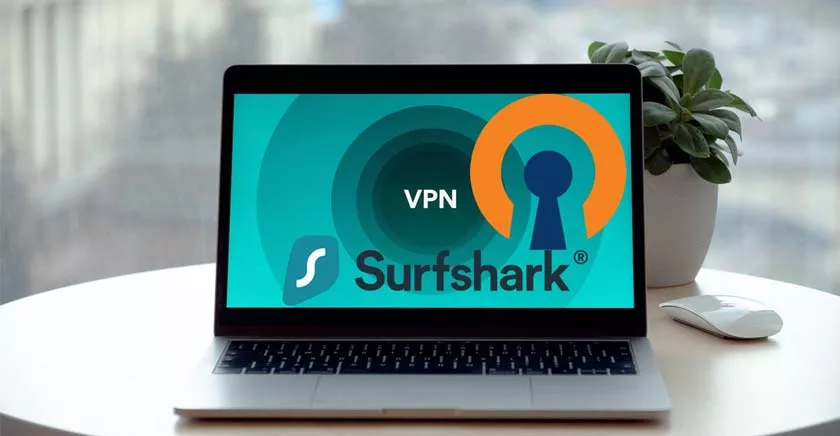Most articles that talk about Virtual Private Networks (VPNs) point out that they protect their users’ privacy. And that is true. They encrypt traffic to and from your PC to the Internet so that cybercriminals cannot see what you are doing.

How a VPN Can Protect Your Windows Operating System
They also prevent your Internet Service Provider (ISP) from seeing what you are up to. But VPNs provide another critical service that is rarely discussed.
A well-constructed VPN protects your entire Windows operating system from hackers and others who might try to damage your system, steal information, delete your files, or install ransomware on your computer. Let us explore what Windows does and how VPNs protect Windows operating systems.
What Windows Does
Microsoft Windows is an operating system that contains some 50 million lines of code. An operating system (O/S) is a program that essentially does two things.
First, it manages the hardware components that make up your PC. These include:
- The CPU (central processing unit — the “brains” of the computer)
- Internal memory (RAM or random-access memory)
- Input/output (I/O) services handle your keyboard, mouse, video screen, printers, scanners, hard drives, and other devices you may have connected.
Second, by managing those hardware components, Windows provides a platform that:
- Provides security via passwords, a firewall, and related security software
- Uses internal memory and mass storage efficiently to deliver optimum performance
- Allows application programs to run and deliver the results users expect, whether a video game, an email program, or an accounting program.
As you look deeper into Microsoft Windows, you will find it consists of more than 20,000 files stored on your hard drive. Disrupting even a few of those files can cause Windows to fail. But hackers and cybercriminals actors have found dozens of even more damaging ways to take your PC out of commission.
Malware and Viruses
Microsoft spends a great deal of effort to prevent break-ins to your Windows system. However, cybercriminals have made it a business of hacking into systems. They are driven by making money. This is done, for instance, by gathering financial data, technical data, and other proprietary information they can then sell illegally to other criminals.
Another approach uses ransomware, one of the most lucrative forms of hacking. It installs software that encrypts files so the hacker can demand money to restore the infected systems.
If you are running Windows 10 version 1703 or later, open Settings and search for “Windows Security.” There you will find built-in protections related to:
- Viruses and similar threats
- Preventing damage to your Windows account
- Configuring the firewall and network control
- App and browser control
- Device security
How Does a VPN Prevent Damage to Windows?
When you surf the web without a VPN program, your Internet Service Provider (ISP) assigns you an IP address. ISPs in the U.S. are legally required to log your online activity, which shows them which websites you visited, what you upload and download, and much more. And, because your IP address is easy to find, most anyone can use it to target your PC.
However, when you use a VPN program, you select a server provided by the VPN company. That server hides your IP address and assigns you an IP address produced by the VPN server. In essence, the VPN server becomes your ISP.
Then, as you surf the web, the server opens the web pages you choose, encrypts them, and sends them directly to your PC. You are no longer connected to your Internet Service Provider, which means the ISP cannot follow or log your online activity.
With a VPN, the data you send and receive is encrypted. Hackers and cybercriminals cannot target your PC because your local IP address is no longer visible. With no pathway to your PC, Windows is safe from malware, viruses, and other exploits.
In summary, a VPN program gives you the protection needed in today’s risky online environment. Further, unlike your ISP, certain VPN programs do not log your activity. So, in addition to protecting your Windows system, choosing the right VPN also gives you the privacy that protects you from online attacks.
